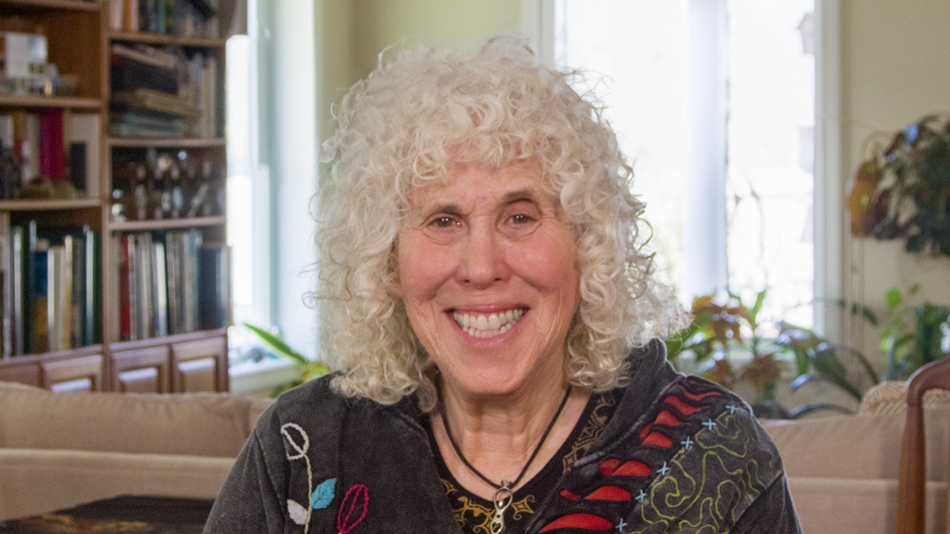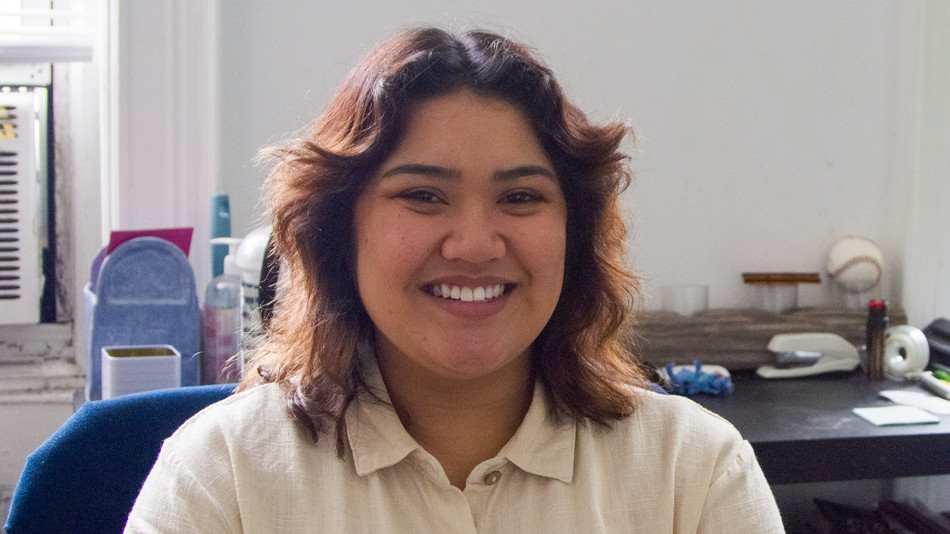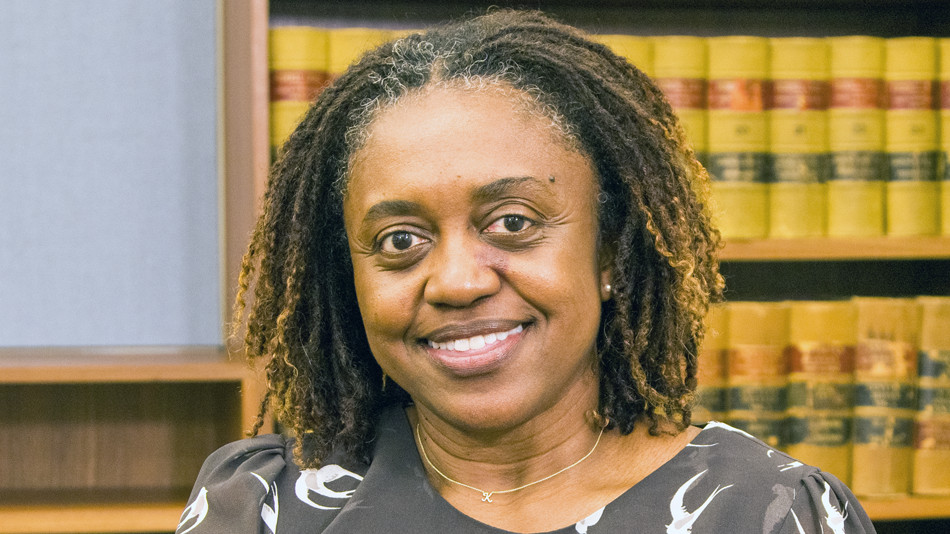So I grew up in this very repressive environment and I didn’t see very much of a way out of it until I met this one person at a state-sponsored summer camp called the Governor’s Honors Program.
My name is Jina and I’m from Marietta, Georgia.
When I was growing up in Marietta, which is this majority white conservative suburb of Atlanta, I was very much an outsider. I also had a very strict Korean American immigrant family that had very particular ideas of who I was supposed to be. And there was a lot of policing of my behavior. So if I laughed too loudly, they would shush me.
So I grew up in this very repressive environment and I didn’t see very much of a way out of it until I met this one person at a state-sponsored summer camp called the Governor’s Honors Program. She was wearing this very colorful seventies, polyester dress, and she was carrying this sculpture that she had made, which was like a neon green apple tree. And she was just laughing and talking really loudly in a way that I had been typically punished for doing.
She was just clearly so fearless and so spirited. So I was 17 at this time, or I think I was 16, and she was also one of the first queer people I had ever met. We’re both queer people of color. She came out as a mixed race Chicanx lesbian in the conservative suburbs of Atlanta. She was the founding member and president of her high school’s Gay–Straight Alliance. That was the start of a lifelong best friendship. She modeled for me a way of being just openly fearless and queer in the world that I had never seen before.
When she was diagnosed with stage four brain cancer at the age of 33, I moved back down to Atlanta for the summer to be with her and to be part of her cancer care team. After I came down, it became very clear to me that she was entangled in a dynamic of care abuse with her romantic partner. If anyone acknowledged or tried to acknowledge the fact that my friend was very sick and that she might pass, that person would be just immediately cut from my friend’s life.
It was hard for me to tell her the kinds of things you want to say to your friend as they’re reaching the end of life. But I did find a way to tell her how much she meant to me without acknowledging the possibility of her death. And that was through sharing with her this essay written by a gay Korean American writer, Alexander Chee. It’s called After Peter. That essay is a kind of eulogy and tribute to this person, Peter, who Alexander Chee knew from nineties activism around HIV aids, and he says, “The men I wanted to follow into the future are dead. Finding them made me want to live and I did. I do. I feel that I owe them my survival.”
When I read her that line or lines like that, I was really trying to tell her how much her friendship made it possible for me to live in the way that I wanted to live. And I was able to tell her without, again, breaking this implicit agreement that we couldn’t acknowledge her death.
Her passing really changed me, and one of the things I decided after she passed was that I really wanted to carry on her legacy. I wanted to embody the things about her that I really admired… to more fully embody her fearlessness.
Shortly after her death, I wrote a letter to my mom where I said, “Mom, I’m queer. I’m a bisexual person and I know that you’re very strict with me as a way of trying to protect me, but I need to be authentic and honest about who I am. And I no longer want to hear comments that are about policing my sexuality, my appearance, my gender expression.”
So I sent her that letter maybe six months after my friend passed, and that was the first time I had ever really been honest with my mom about who I am. It was an unexpected reaction. She said that she accepted me and that she would defend me against family members who would be bigoted or violent in any way towards me. We’re still working on our relationship because it’s never that simple. But I think it did change my relationship with my mom and that I think she understands now that I’m not going to hide myself for her own comfort.
I wanted to pay homage to the person who taught me how to be queer. As my friend was dying, she was talking about her legacy and she was just really afraid that people would forget her. After she passed, I really become committed to memorializing her, to preserving her legacy in some way, and to entering her memory into the queer archives.








Share